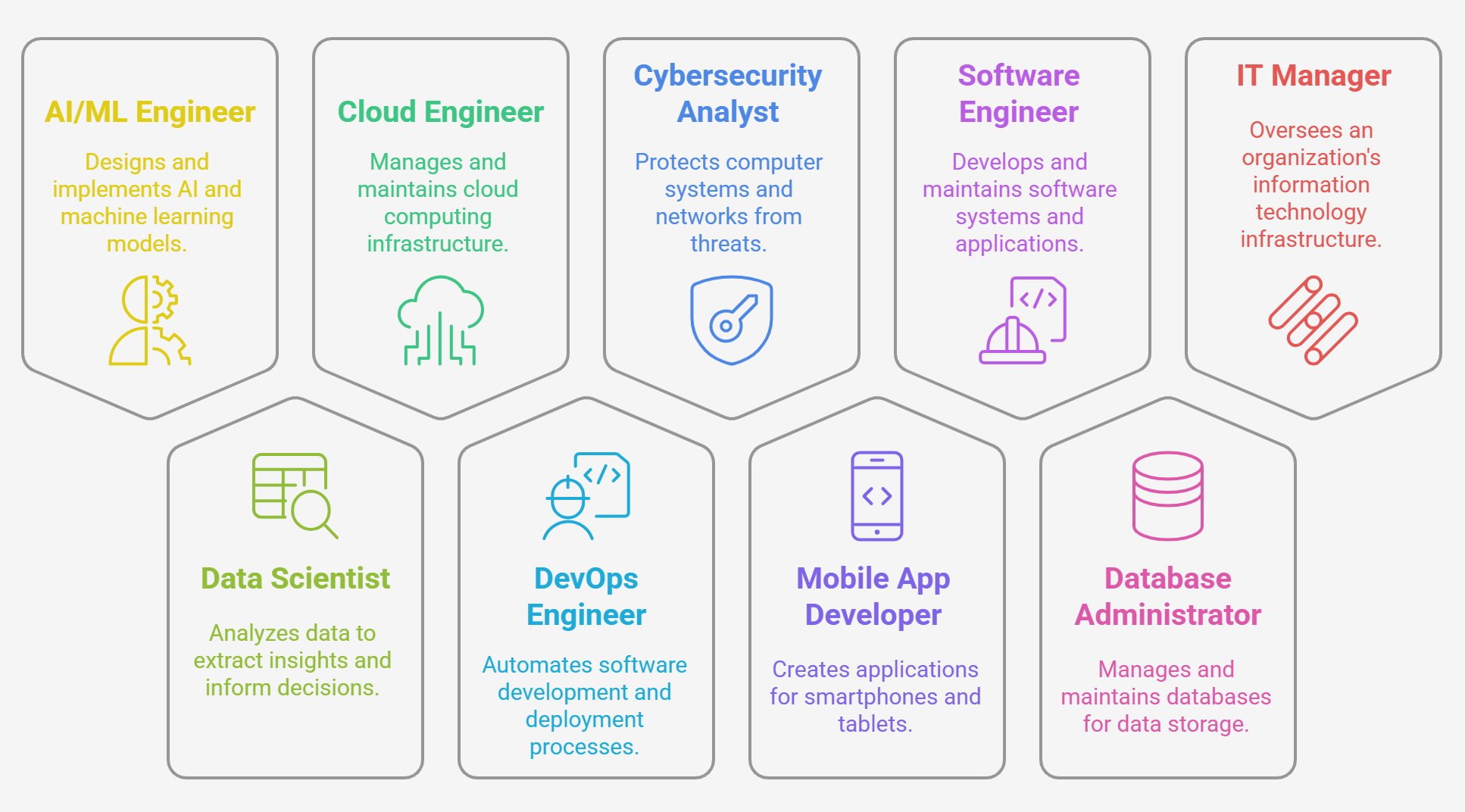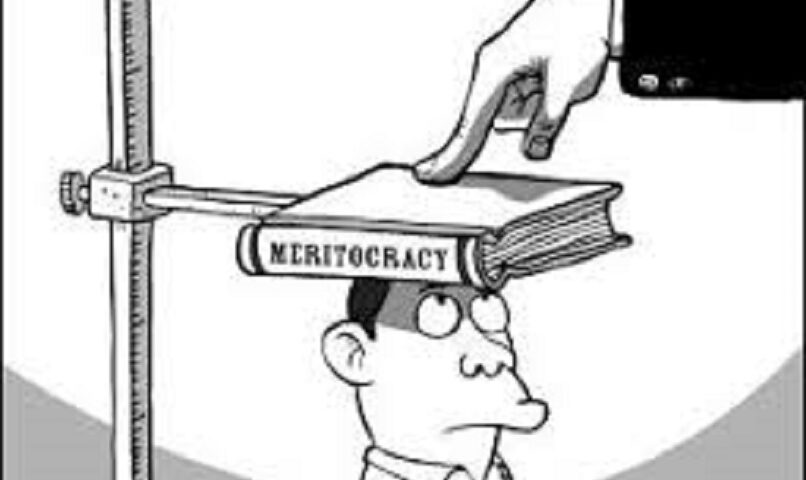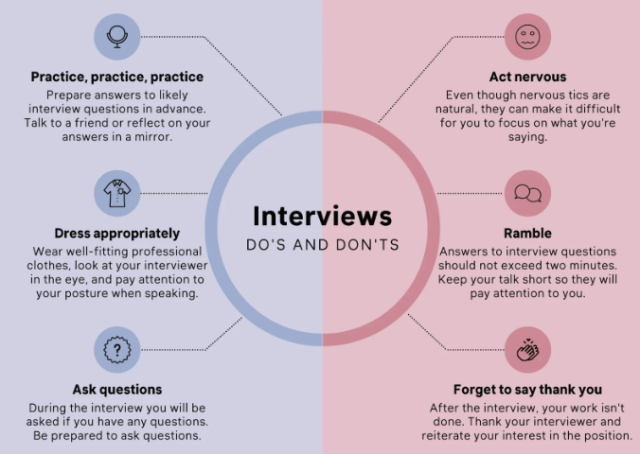The Changing Landscape of Work and Education
By: Javid Amin | Srinagar | 28 June 2025
The global workforce is undergoing a radical transformation. From bustling city boardrooms to rural farms and digital workstations, every corner of the employment ecosystem is being reshaped by the unstoppable waves of technology, shifting social needs, and evolving economic realities. In the face of this monumental change, one question dominates career planning conversations: What jobs will actually exist in 10 years?
This is more than just speculation. Reports and expert forecasts indicate a fundamental reordering of what work means, how it’s done, and who does it. One bold insight gaining traction is this: the traditional four-year college degree may no longer be the golden ticket to a successful future. Instead, lifelong learning—a continuous cycle of skill acquisition and reinvention—is emerging as the real currency of career success.
The Jobs of Tomorrow: What Will Remain and What Will Vanish
Global reports, including influential insights from international economic forums, are drawing a clear picture of where the job market is heading. Here’s what’s coming—and going:
High-Growth Roles: Where Demand Is Surging
- Technology and Data Roles:
- AI and Machine Learning Specialists
- Software Developers and Application Engineers
- Big Data Analysts
- Cybersecurity Experts
- Cloud Computing Professionals
- Green Economy and Sustainability Jobs:
- Renewable Energy Engineers
- Environmental Scientists
- Electric and Autonomous Vehicle Technicians
- Care Economy Roles:
- Healthcare Workers (Nurses, Caregivers, Counselors)
- Social Workers and Mental Health Professionals
- Wellness Coaches and Personal Care Aides
- Digital Commerce and Marketing Jobs:
- Digital Marketing Specialists
- Content Strategists and Creators
- UX/UI Designers
- Skilled Trades and Frontline Workers:
- Construction Technicians
- Food Processing Experts
- Delivery and Logistics Operators
- Agricultural Technologists
Declining Roles: What May Disappear
- Clerical and Administrative Roles:
- Data Entry Clerks
- Bank Tellers
- Secretaries and Office Support Staff
- Manual and Repetitive Task Workers:
- Factory Assembly Line Workers (non-specialized)
- Postal Clerks
- Cashiers
The common denominator in the declining sectors? Automation. Anything repetitive, rule-based, or physically static is on the chopping block as AI and robotics continue to advance.
Skills That Will Rule 2035: What Employers Are Looking For
It’s not just about what job you do—it’s about what skills you bring to the table. Here are the top skills gaining importance:
Core Cognitive Skills:
- Analytical Thinking and Innovation
- Complex Problem-Solving
- Critical Thinking
Emotional and Social Skills:
- Leadership and Social Influence
- Emotional Intelligence
- Resilience, Flexibility, and Agility
Digital and Technological Skills:
- Technology Literacy
- Cybersecurity Awareness
- AI & Data Management
Creative and Adaptive Skills:
- Creative Thinking
- Curiosity and Continuous Learning
- Adaptability to Change
Employers are placing a growing emphasis on these non-linear, non-automatable skills—traits that robots can’t replicate and algorithms can’t mimic.
Why Traditional College Degrees Are Losing Relevance
The traditional college model—four years, fixed curriculum, heavy cost—is increasingly at odds with the needs of the 21st-century economy.
Key Reasons for the Decline:
- Curriculum Irrelevance: By the time many students graduate, the technology and tools they’ve learned are already outdated.
- Slow Adaptation: Academic institutions often struggle to keep up with rapidly evolving job market demands.
- Rising Costs vs. ROI: High tuition fees with uncertain job outcomes are leading students and families to question the value of traditional degrees.
- Alternatives Rising: Bootcamps, online certifications, micro-credentials, and self-taught portfolios are offering faster, cheaper, and more relevant pathways to employment.
Lifelong learning platforms are exploding in popularity. Self-paced certifications in fields like cloud computing, design thinking, ethical hacking, and digital marketing are more affordable, accessible, and employer-recognized.
Navigating the Future: Strategies for Career Longevity
Here’s how to future-proof your career and stay employable in the next decade:
01. Adopt a Growth Mindset
Don’t wait for change—lead it. View every change in technology or work culture as an opportunity to adapt and grow.
02. Build a Multi-Skill Stack
Mix technical skills with soft skills. A marketer who knows basic coding, or an engineer who understands storytelling, will have an edge.
03. Invest in Digital Presence
Update your LinkedIn, create a portfolio, contribute to online forums or blogs. Your digital footprint is your modern résumé.
04. Learn to Work with AI, Not Against It
Master tools that use AI to enhance productivity—like ChatGPT, DALL-E, or data visualization platforms.
05. Be Industry-Agnostic
Skills like project management, digital marketing, and cybersecurity are transferable across multiple industries. Don’t box yourself in.
06. Focus on Problem-Solving and Decision-Making Roles
Machines excel at execution, but struggle with ambiguity. Strategic, evaluative, and managerial roles will remain human domains.
07. Stay Curious and Never Stop Learning
Enroll in online courses, read industry blogs, attend virtual workshops. Curiosity is your best compass.
The New Career Model: Micro-Credentials, Not Majors
Instead of spending years on a fixed degree, many are opting for modular education. A 3-month Python course, followed by a design sprint in UX, topped with a project management certificate—this agile learning path allows professionals to adapt fast and remain relevant.
Educational institutions are beginning to shift too—offering stackable degrees, competency-based assessments, and short-term credentials that reflect actual industry needs.
Final Word: The Future Belongs to the Adaptable
The question is not whether jobs will disappear. Some will. But new ones—more dynamic, more meaningful—will take their place. The key lies in our willingness to evolve, our ability to learn, and our courage to reimagine education.
In a world where AI writes code, cars drive themselves, and farms use drones—human adaptability is the ultimate skill.
Don’t chase the job. Build the mindset.




